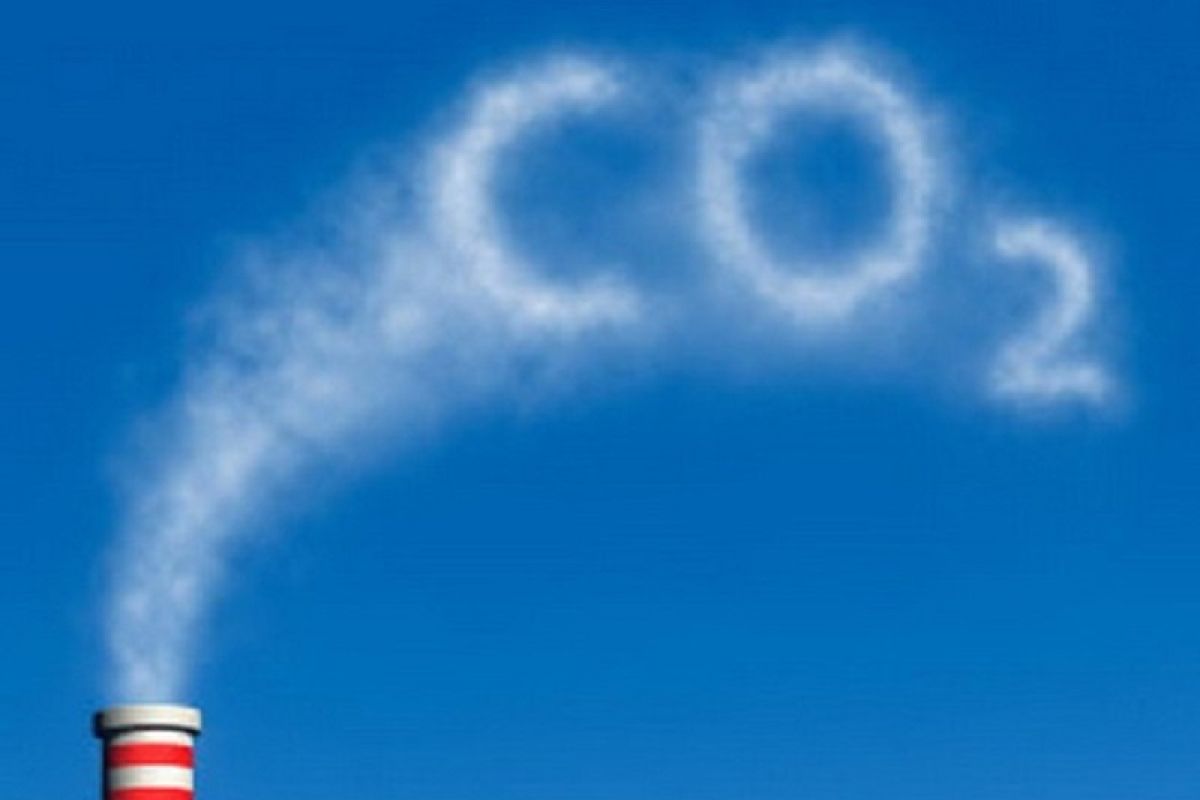WALHI's Campaign Manager for Climate Justice, Yuyun Harmono, noted in a statement here on Thursday that the ruling was a significant forward step toward the international climate movement.
Judge Larisa Alwin read out a ruling at a court room in The Hague on May 26, 2021, ordering Shell (RDSa L) to reduce its planet warming carbon emissions by 45 percent by 2030, from the 2019 levels. "The court orders Royal Dutch Shell, by means of its corporate policy, to reduce its CO2 emissions by 45 percent by 2030 with respect to the level of 2019 for the Shell group and the suppliers and customers of the group," Alwin stated.
Harmono believes that the ruling will open a door for similar lawsuits in other countries, including Indonesia, where major plantations and corporations engaged in extractive industries reap economic profits at the expense of the environment and climate.
She emphasized that the ruling must be followed up by having in place binding regulations that necessitate corporations to abide by the global emission cut targets as mandated in the Paris Agreement on climate change.
Meanwhile, Syaharani, a climate activist from Jeda Iklim (Climate Pause), remarked that the Dutch court's ruling had demonstrated a step forward in two areas.
Firstly, corporations must have responsibility and respect human rights whose fulfillment is being threatened by climate change, as they have contributed the most to climate change. Hence, they must contribute significantly to mitigating the impacts of climate change, she remarked.
Secondly, the verdict reaffirms the role of courts in dealing with climate change issues. Big corporations must be aware that they are accountable to the court for being contributors to climate change, she noted.
Earlier this year, Shell set out one of the sector's most ambitious climate strategies, according to Reuters.
It has targeted to lower the carbon intensity of its products by at least six percent by 2023, by 20 percent by 2030, by 45 percent by 2035, and by 100 percent by 2050, from the 2016 levels.
However, the court said that Shell's climate policy was "not concrete and is full of conditions...that's not enough."
"The conclusion of the court is therefore that Shell is in danger of violating its obligation to reduce. The court will therefore issue an order upon RDS," the judge stated.
The court ordered Shell to reduce its absolute levels of carbon emissions, while Shell's intensity-based targets could allow the company to grow its output in theory, Reuters reported.
Shell Chief Executive Ben van Beurden rejected absolute reduction targets at its annual general meeting this month.
"Reducing absolute emissions at this point in time is predominantly possible by shrinking the business," he stated.
Shell plans to appeal the court verdict and has prepared its plan to become a net-zero emissions energy company by 2050, according to Reuters.
Related news: Indonesia can achieve net-zero emissions sooner: minister
Related news: Bappenas prepares scenarios for achieving net-zero emissions target
EDITED BY INE
Translator: Virna PS, Fardah
Editor: Suharto
Copyright © ANTARA 2021







